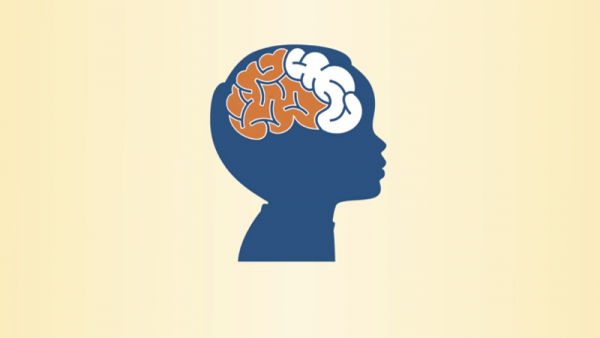By KM Diaz, | March 17, 2017

Further studies is needed to show whether memories fade completely from hippocampal cells or if some traces remain. (YouTube)
Delayed treatment of a child's traumatic brain injury may lead to cognitive impairment that may last a lifetime. To avoid this, TBI should be detected at an early stage or during childhood.
Children who have experienced severe injuries in the head may exhibit visual perception. This will eventually interrupt the normal development of the brain, according to a study from Keck School of Medicine of USC.
Like Us on Facebook
The objective of the scientists is to create an advanced treatment to the population of children suffering from traumatic brain injury; one of the major causes of disability to young people. The main goal of the study is to save the brain of the children in developing further damage and deterioration due to blow, a jolt in the head, or initial hard bump.
The scientists from USC collected the brain scans of 21 children who fell from bikes, skateboards, or scooters; and those who were hit by the car as a pedestrian or as a passenger in Los Angeles County. The participants were between the age of 8 to 18, and 20 participants with the same age that does not encounter any type of brain injury served as a control group.
The lead author of the study Emily Dennis said that children who developed delayed information on the two brain hemispheres have lost their white matter volume progressively. The widespread region of their white matter was also disorganized.
Since the brain of these children is still maturing, the myelin disruption leads to stopping the transfer of information. Myelination is not completed until late adolescent and will continue until the age of 30. Children who took beyond 18 milliseconds in transferring the information to the brain hemispheres did not recover well from the traumatic brain injury.
Distinguishing the potential biomarker is notable to find out who are at high risk for a prolonged recovery, Dennis said. Furthermore, by identifying the children who took longer to recover due to TBI the researchers may be able to make interventions that they can use after leaving the hospital and before the white matter completely disrupts.
-
Use of Coronavirus Pandemic Drones Raises Privacy Concerns: Drones Spread Fear, Local Officials Say

-
Coronavirus Hampers The Delivery Of Lockheed Martin F-35 Stealth Fighters For 2020

-
Instagram Speeds Up Plans to Add Account Memorialization Feature Due to COVID-19 Deaths

-
NASA: Perseverance Plans to Bring 'Mars Rock' to Earth in 2031

-
600 Dead And 3,000 In The Hospital as Iranians Believed Drinking High-Concentrations of Alcohol Can Cure The Coronavirus

-
600 Dead And 3,000 In The Hospital as Iranians Believed Drinking High-Concentrations of Alcohol Can Cure The Coronavirus

-
COVID-19: Doctors, Nurses Use Virtual Reality to Learn New Skills in Treating Coronavirus Patients









